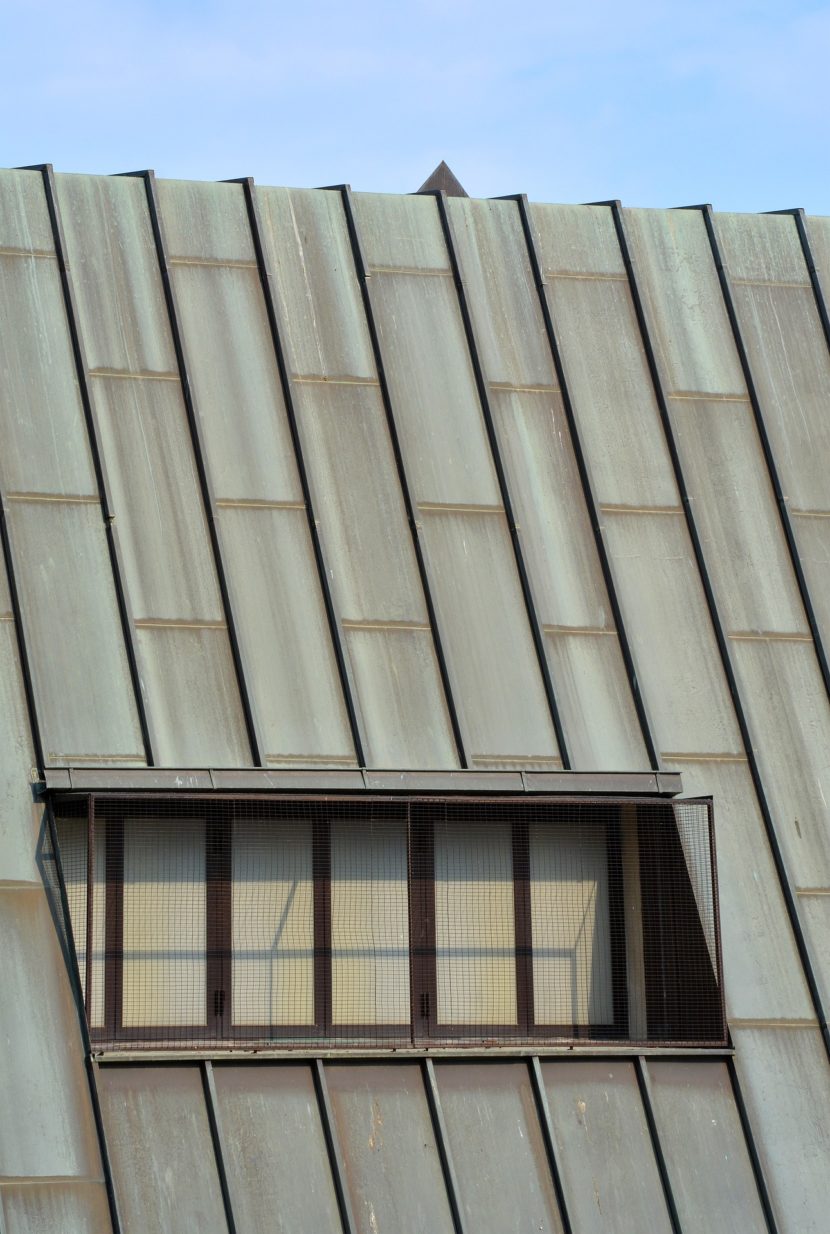When you need to replace your roof then you have some important decisions you need to make regarding the benefits and downsides of using corrugated roofing or other conventional materials. Corrugated metal roofs are extremely durable and can withstand high winds, snow, and rain, and prevent a lot of water leaks common to other materials. They also can last between 20-50 years, much longer than other roofing materials. Unlike shingles, metal is fire-resistant and immune to mold and rot. It’s also a terrible home for insects.
But shingles and ceramic tiles are also great roofing materials. So why should you choose corrugated roofing over the other materials? These are some things to think about if you are planning on replacing your roof with corrugated metal.
The Upside
One of the challenges with using shingles is that they are very heavy and you can only install up to two layers of shingles on your roof. However, metal roofing is extremely lightweight. And unlike other roofing materials that need to be removed before adding additional layers in order to not put so much weight on the roof, a corrugated roof can be installed over an existing roof.
It’s extremely easy to install metal roofing. In fact, you can find DIY videos on how to install one, but you really want the experts with the proper safety materials to install your roof for you.
Metal roofs are also a more green choice if you are opposed to using petroleum products on your roof. Most metal roofs contain recyclable materials, and all metal in roofs is recyclable. They will also help you save money on energy costs.
The Downside
Heavy rain has the effect of very loud tapping. It’s up to you whether or not you find this sound soothing or too cacophonous. Some people like the pitter-patter of rain on their roof, but during severe thunderstorms it can get really loud in the house. There are ways to minimize noise roofing materials, however, if you do decide to use corrugated metal roofing. This way you can dampen the sound during inclement weather.
Metal roofs are also more prone to denting and are much more expensive to install. Debris from trees and hail can cause aluminum and copper roofs to dent, but a corrugated steel roof is less likely to suffer from that. And even though they are more expensive at first, metal roofs pay off over time with saved energy costs.
Hiring The Right Roofing Contractor
There are a few key things to keep in mind when hiring a contractor to install your roof. First, ask about their COVID-19 policy. A roofing company that cares about its customers should have a plan in place that’s available publicly to read. They should be able to offer you an assessment without having to come in direct contact with you, such as using drones and video conferencing, among other technologies. Next, you will want to ask about their licenses and check their referrals. Lastly, before any work is done on your house, be sure that your contractor has given you a written contract that details all the work to be done, estimated timeline, costs, and materials.



